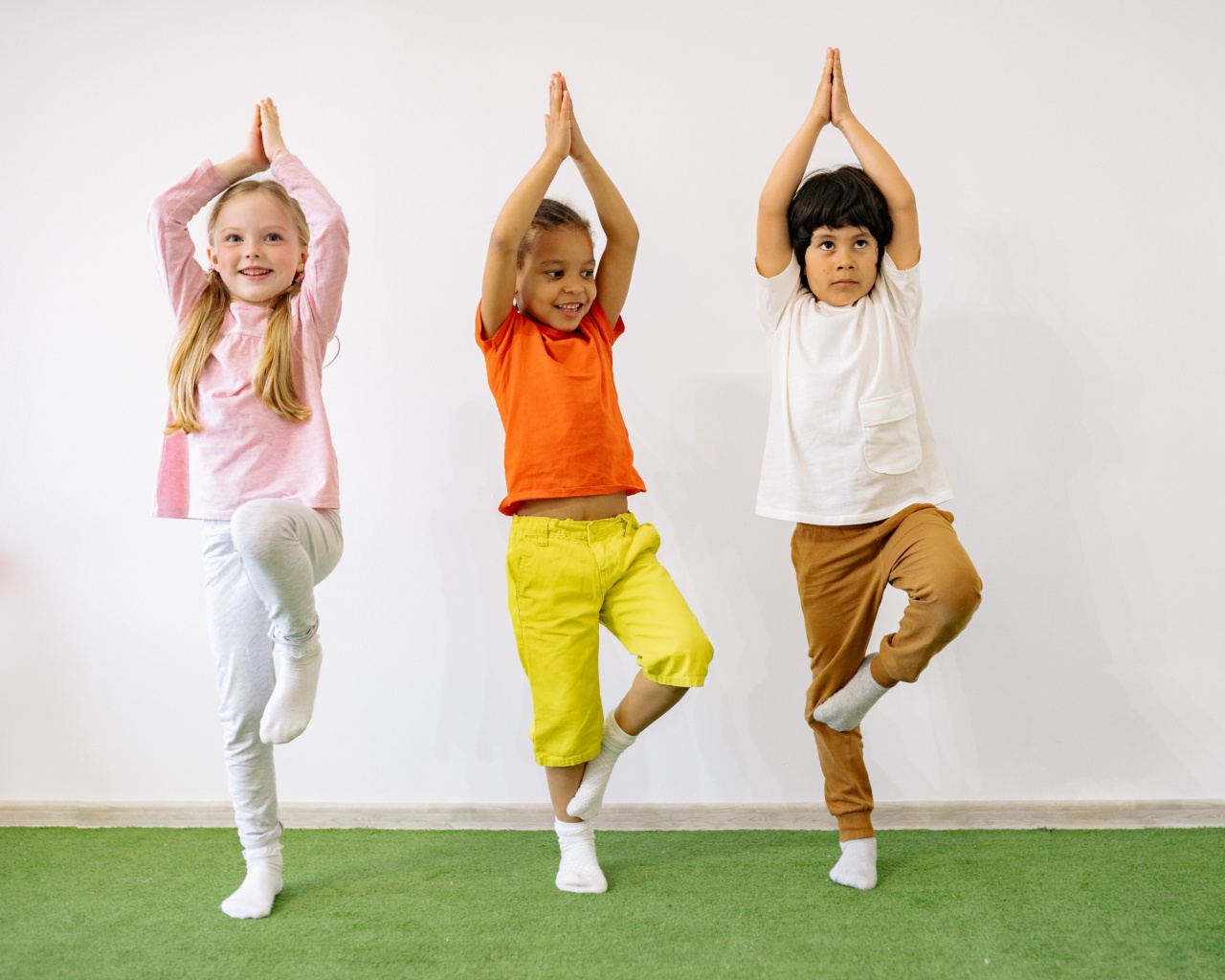Exercise has long been associated with physical health benefits, but did you know that it also has a profound impact on our mental well-being? Scientific research has shown that engaging in regular exercise can significantly improve mood, reduce symptoms of depression and anxiety, and enhance overall happiness. In this article, we delve into the fascinating science behind the link between exercise and happiness and explore how you can maximize the positive effects of physical activity on your mental state.
The Neurochemical Connection
When we exercise, our bodies release a surge of chemicals known as endorphins. Endorphins are natural painkillers that interact with receptors in our brain, reducing our perception of pain and triggering a positive feeling in the body.
This flood of endorphins creates a sense of euphoria, often referred to as the “runner’s high.” Alongside endorphins, exercise also increases the production of dopamine, serotonin, and norepinephrine, neurotransmitters that regulate mood and emotions. The simultaneous release of these neurochemicals contributes to the feelings of happiness and well-being experienced during and after exercise.
Reduced Stress and Anxiety
Regular exercise has a remarkable impact on our stress levels and anxiety symptoms. Physical activity helps to lower the body’s stress hormones, such as cortisol, while simultaneously releasing endorphins that act as natural stress relievers.
Furthermore, exercise promotes the growth of new neurons in the hippocampus – a part of the brain responsible for controlling the stress response. As a result, individuals who engage in regular exercise are better equipped to handle stress and experience reduced anxiety.
Improved Cognitive Function
Exercise not only benefits our mood but also greatly enhances cognitive function. Research indicates that physical activity boosts memory, attention span, and overall cognitive performance.
Regular exercise increases blood flow to the brain, promoting the growth of new blood vessels and improving the delivery of oxygen and nutrients. It also stimulates the production of proteins that aid in the formation of new neurons and connections in the brain. As a result, individuals who exercise regularly often experience improved focus, sharper thinking, and enhanced creativity.
Enhanced Self-Esteem and Body Image
Exercise has a profound impact on our self-esteem and body image. When we engage in physical activity, our brains release endorphins that generate a sense of accomplishment and boost self-confidence.
Additionally, exercise contributes to weight loss, improved muscle tone, and increased overall fitness, leading to a more positive perception of one’s body. In a society that often places emphasis on physical appearance, exercise offers a natural and healthy way to enhance self-esteem and develop a positive self-image.
Social Connection and Support
Participating in group exercise or team sports not only provides physical health benefits but also offers opportunities for social connection and support.
Regular exercise provides a common ground for individuals to meet, socialize, and develop friendships. Engaging in physical activities with others fosters a sense of belonging and community, which can alleviate feelings of loneliness and boost overall happiness.
Additionally, the social aspect of exercise can provide a support system that promotes accountability and motivation, making it easier to maintain an active lifestyle.
The Optimal Exercise Routine
While any form of physical activity can have positive effects on our mental well-being, certain types of exercise may produce greater benefits.
Aerobic exercises, such as running, swimming, or cycling, have been found to be particularly effective in boosting mood and reducing symptoms of depression. Aim for at least 30 minutes of moderate-intensity aerobic exercise on most days of the week. Strength training exercises, such as weightlifting or resistance training, also contribute to improved mental health by increasing self-esteem and confidence.
Additionally, incorporating mindfulness practices, such as yoga or tai chi, into your exercise routine can have a significant impact on happiness and mental well-being.
These activities combine movement with mindful breathing and meditation, promoting relaxation, stress reduction, and improved focus. By incorporating both aerobic exercise and mindfulness practices into your routine, you can optimize the positive effects on your mental state.
Making Exercise a Habit
Starting and maintaining an exercise routine can be challenging, but there are several strategies that can help you make exercise a habit. One key approach is to find activities that you genuinely enjoy.
When you engage in exercises that are enjoyable and fulfilling, you are more likely to stick with them long-term. Experiment with different activities until you find ones that bring you joy and satisfaction.
Setting realistic goals and gradually increasing the intensity and duration of your workouts is also essential for developing a consistent exercise routine. Start with small, achievable goals and build up from there.
It’s crucial to listen to your body and avoid overexertion, as pushing too hard can lead to burnout or injuries that could hinder your progress.
Finally, accountability and social support play a significant role in making exercise a habit. Find a workout buddy or join a fitness group to keep you motivated and provide support along the way.
The sense of camaraderie and shared goals will make the journey more enjoyable and increase your chances of success.
Conclusion
The science behind exercise and happiness is clear – physical activity has a profound and positive impact on our mental well-being.
By understanding the neurochemical connection, the benefits of reduced stress and anxiety, improved cognitive function, enhanced self-esteem, and the power of social connection, you can integrate exercise into your life to boost your happiness and overall quality of life. Remember to choose activities you enjoy, set realistic goals, and seek support when needed. So, lace up your sneakers, get moving, and discover the incredible happiness that exercise can bring.





























